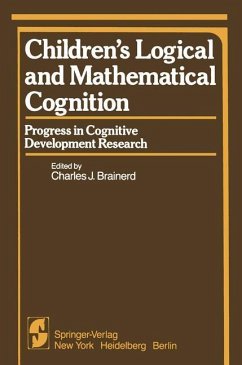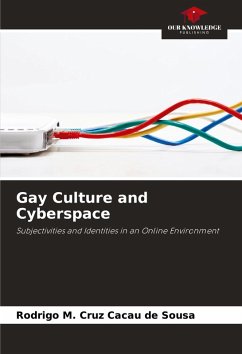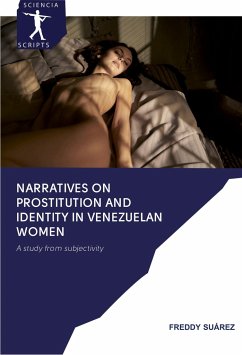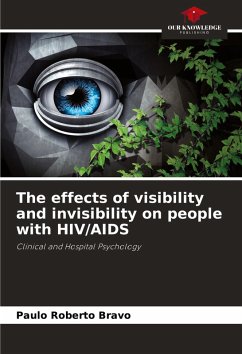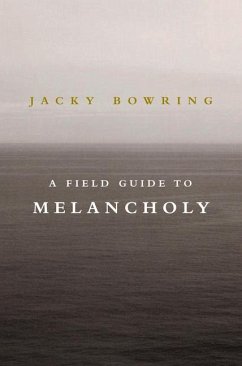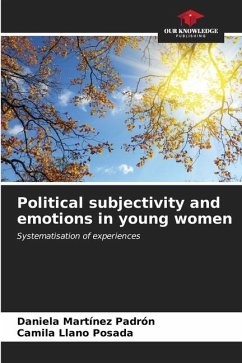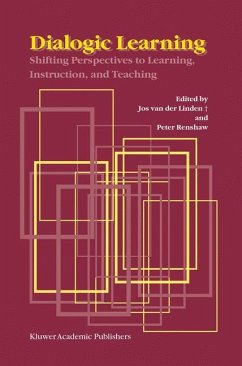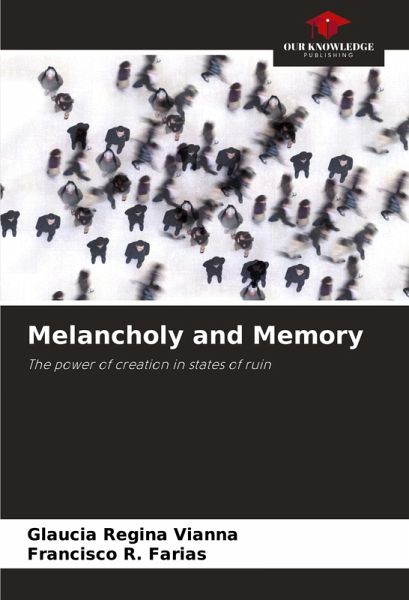
Melancholy and Memory
The power of creation in states of ruin
Versandkostenfrei!
Versandfertig in 6-10 Tagen
27,99 €
inkl. MwSt.

PAYBACK Punkte
14 °P sammeln!
This study is a reflection on the ambiguity of melancholic states, which are vectors for creation, but which also hinder the evocation of life events due to ruptures in memory chains. This second strand has been the subject of great controversy in the theoretical and clinical spheres. We begin with Aristotelian thinking about why exceptional men, geniuses, poets, scientists, among others, go through melancholic states, but who, in extreme situations, resort to creative outlets. A distinction is made between the forms of suffering resulting from loss, emphasising the aspect of melancholy as a g...
This study is a reflection on the ambiguity of melancholic states, which are vectors for creation, but which also hinder the evocation of life events due to ruptures in memory chains. This second strand has been the subject of great controversy in the theoretical and clinical spheres. We begin with Aristotelian thinking about why exceptional men, geniuses, poets, scientists, among others, go through melancholic states, but who, in extreme situations, resort to creative outlets. A distinction is made between the forms of suffering resulting from loss, emphasising the aspect of melancholy as a gateway to creation. We understand that there is an oscillation in man who goes through an experience of melancholic states, in which there is a space where, at one extreme, there is misery, depreciation and ruin; at the other, there is splendour, to the extent that there is creation with the potential for elaboration. We believe that man, pressed by melancholic states, can leave testimonies of his passage through the state of darkness.





